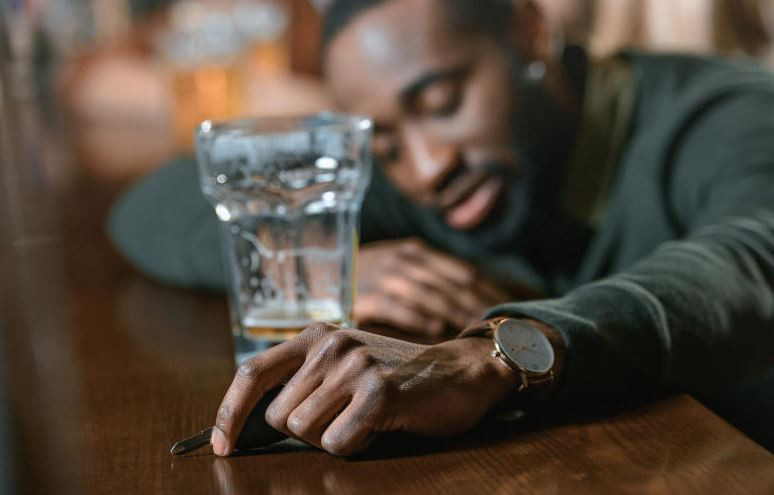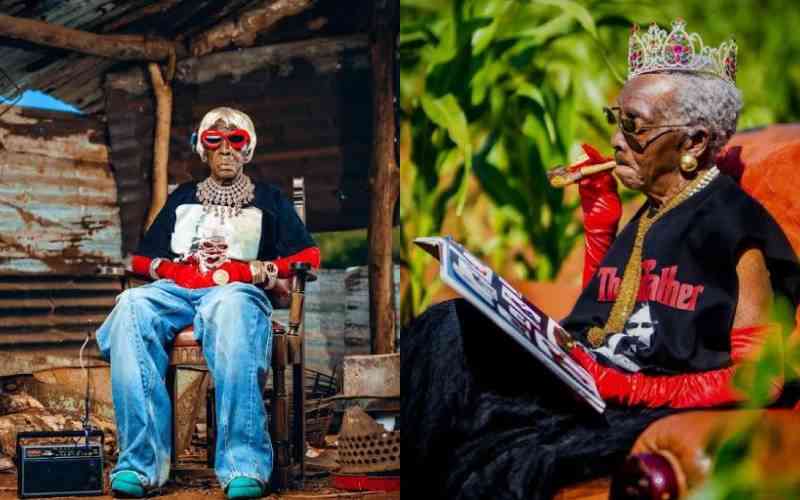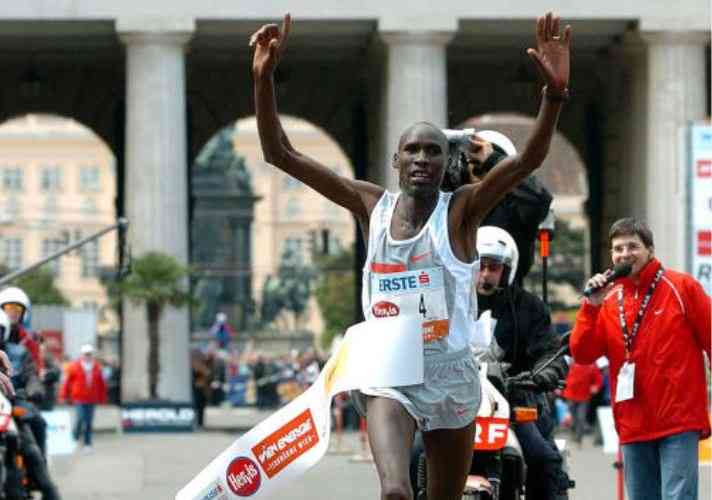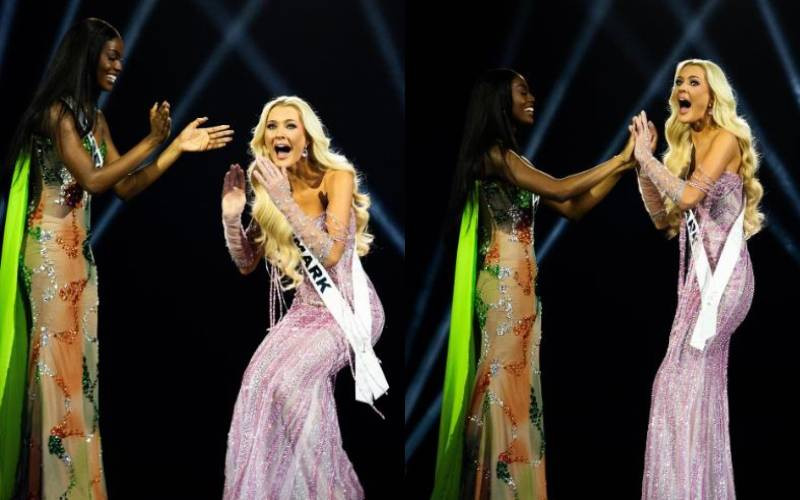
Imagine you are a vibrant young woman who loves your friends and cherishes your time together. You are used to hanging out together after work, doing most of the fun activities together, the most recent being a corporate run in Nairobi.
As the holiday season approaches, you buzz with excitement as you listen to their plans for a getaway. They talk endlessly about the beaches, the fun activities and the memories they are going to make at one of the top resorts in Watamu on Kenya’s north coast.
You listen with a smile on your face, but inside you are beginning to feel a pang of loneliness. You see, for financial reasons, you cannot join the girls on this trip. You watch them discuss itineraries, pack their bags, and the feeling of exclusion stings at the very core of your soul.
Their social media handles do not make it any easier as you read their hashtags ‘#holiday loading manenos’ and ‘#Watamu ni tamu’. You are on the verge of depression, but you suck it up, trying to put on a brave face, but crumbling inside. You are not going to make it through this holiday. Period.
This may seem like a hypothetical situation, but it is actually a real scenario that many people face at this time of year. Granted, there is nothing wrong with assessing your situation and knowing how far your finances can stretch in terms of a holiday budget. However, being left out of the activities of one’s social circle can have a detrimental effect on a person’s mental well-being.
Experts in human psychology say the advent of social media has amplified the effects of missing out on such fun activities including a holiday. Such feelings have led to a situation colloquially termed as ‘FOMO’, or fear of missing out!
Some, in trying to appear ‘cool’, will post photos taken during happier days to counteract the current feelings of missing out, not to mention some online applications that send commemorative photos perhaps monthly or annually, or some taken a decade ago, reminding one of that exotic spot he or she visited. This, though, only creates more feelings of nostalgia.
Others will sit for hours, scrolling through their friends’’ timelines, posts and social media updates and engage in a ‘pity party’ over what they are unable to do. They will even ‘like’ a number of posts, adding to more anxious moments.
“It is about feelings of loneliness and isolation,” says Faith Gichanga, an organisational counsellor. “Being excluded from holiday festivities can lead to a sense of isolation since holidays are often viewed as times for togetherness and socializing.”
Decades ago in rural Kenya, a holiday meant changing one’s routine “for a couple of days, say, having a favourite dish such as chapati and chicken or buying new clothes for the family,” according to James Irungu, a businessman in Murang’a who is in his mid-50s. “There has never been any pressure to travel for those of us who were born and grew up in the countryside. In any case, it is those who live in the city who come to us.”
In developed countries, people would re-live their holiday through postcards bought at the destination, cards that were later replaced with slides on projectors and printed photographs that would be developed days or weeks after a person or a family has had a holiday.
Not anymore. The rise of social media has created the ‘now-or-never’ factor, fuelling the phenomenon of missing out on fun events, according to research published in the Current Psychology journal. The feeling, adds the research, is often “characterized by the apprehension that others may be having more rewarding experiences” but with significant implications for the mental health of young adults.
“Essentially, (fear of missing out]) is characterised as a form of anxiety, contributes to emotional exhaustion, reducing available resources for effective job performance and meeting work demands, thereby impairing overall job performance,” says the research that also found traits of “weak to moderate positive correlations with depression and anxiety facets”.
According to Gichanga, such emotional anguish resulting from not being part of holiday activities can make individuals feel disconnected from their friends and family, exacerbating feelings of loneliness, with such individuals questioning their self-worth. The plethora of emotions after being left out could lead to self-doubt and a myriad of questions regarding one’s value within the specific social group or family.
“Such an individual may become overly critical of himself, thinking he is not worthy of inclusion in any social activities. When such feelings of exclusion are consistent, they can contribute to depressive symptoms including sadness, lack of interest in activities, fatigue, exhaustion and burnout,” says Gichanga.
Left unchecked, such fear of missing out, she says, can weaken a person’s ability to cope with other stress factors in his life. The overwhelming emotions can also become a full-blown medical emergency that becomes a drain on family resources.
How, then, can a person deal with the rollercoaster of emotions that come with being unable to participate in holiday fun? Gichanga says one should seek support by opening up to those close to him, especially family and non-judgmental friends.
“It is important for individuals to reach out to supportive friends, family, or mental health professionals. In addition, one can engage in activities like exercise, hobbies, and mindfulness. These steps help improve mood and reduce stress related to missing out on a holiday,” she says.
That exotic holiday or not, a person can still find joy in the little things done consistently, maintain a positive outlook and choke out feelings of being left out.
 The Standard Group Plc is a multi-media organization with investments in media platforms spanning newspaper print
operations, television, radio broadcasting, digital and online services. The Standard Group is recognized as a
leading multi-media house in Kenya with a key influence in matters of national and international interest.
The Standard Group Plc is a multi-media organization with investments in media platforms spanning newspaper print
operations, television, radio broadcasting, digital and online services. The Standard Group is recognized as a
leading multi-media house in Kenya with a key influence in matters of national and international interest.











